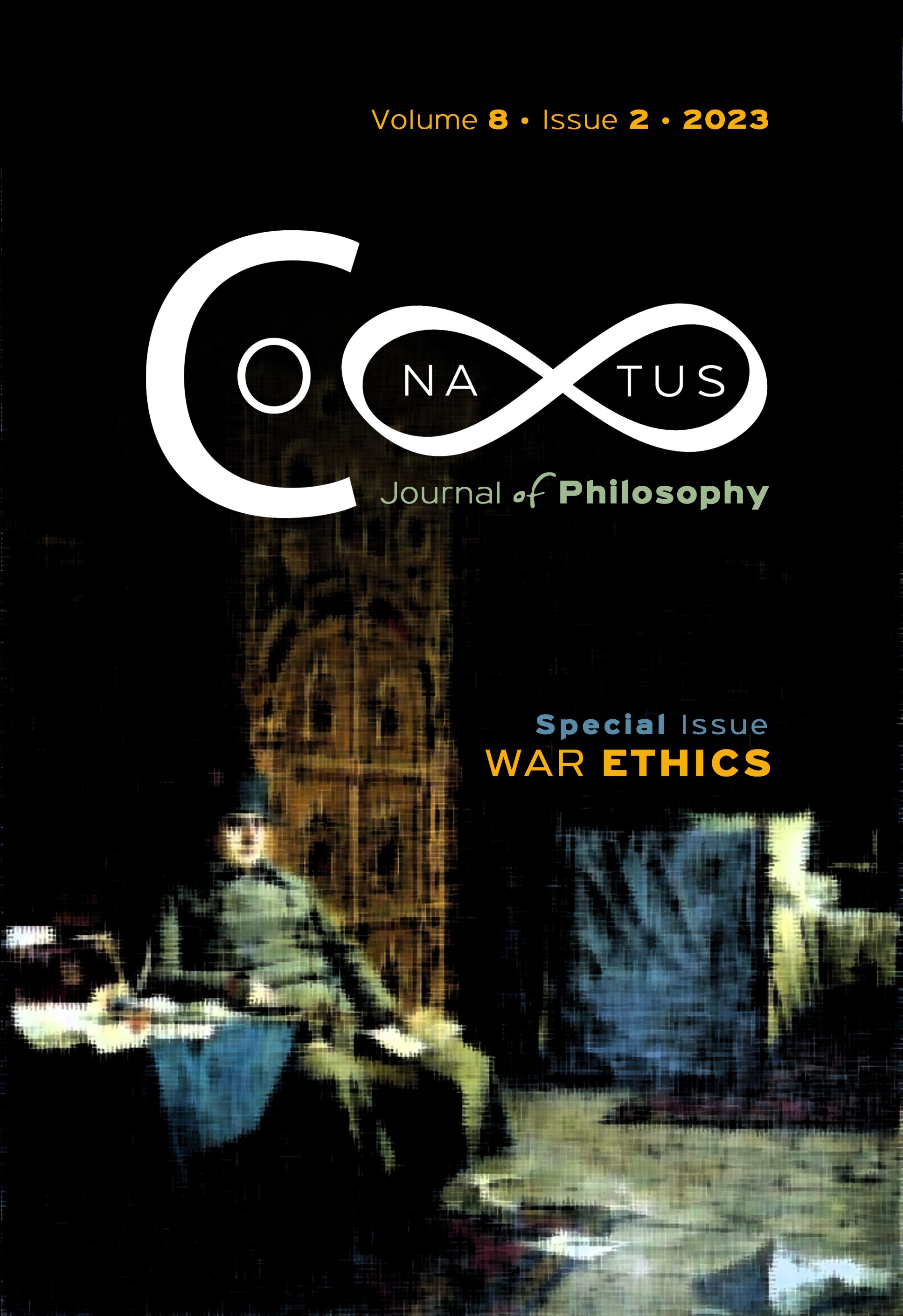Polis, Loimos, Stasis: Thucydides about Disintegration of the Political System

Abstract
This paper discusses Thucydides’ analysis of the disintegration of the political community under the unbearable stress in cases of the plague epidemic in Athens and civil war in Kerkyra. Due attention is paid to Thucydides’ methodology: the application of the art of medicine and antilogies. The destruction of the morality, fading away of virtue and neglect of both human and divine laws caused by the enormous fear of plague are presented through contrasting the state of lawlessness to the picture of the ideal order from the famous Pericles’ speech in honor of the fallen Athenians. It is being analyzed marked similarity between the state of lawlessness in Athens and the destruction of the political order in stasis in Kerkyra concerning the destruction of the public morality, disappearing of lawfulness, and cancelling of the common good, despite the difference in predominant motivating passions – fear and lust for power, and different ways of corruption of the order in polis – apolitical stance and apathy vs. radical politicization. Finally, it is underlined Thucydides’ understanding of repetition of the historical events after the same pattern because of the changelessness of human nature. It is milder in peace and regular ordered state of affairs, so that people are usually sensible and honest, acquire moral stance and embrace lawfulness, whereas when it is exposed to danger and faces the hardest challenges, it loses its considerations and restraints and shows its evil, violent and cruel side.
Article Details
- How to Cite
-
Stefanovski, M., & Čavoški, K. (2023). Polis, Loimos, Stasis: Thucydides about Disintegration of the Political System. Conatus - Journal of Philosophy, 8(2), 629–656. https://doi.org/10.12681/cjp.35162
- Section
- Articles
- Categories

This work is licensed under a Creative Commons Attribution-NonCommercial 4.0 International License.
Authors who publish with this journal agree to the following terms:
Authors retain copyright and grant the journal right of first publication with the work simultaneously licensed under a Creative Commons Attribution Non-Commercial International License (CC BY-NC 4.0) that allows others to share the work with an acknowledgement of the work's authorship and initial publication in this journal.
Authors are able to enter into separate, additional contractual arrangements for the non-exclusive distribution of the journal's published version of the work (e.g. post it to an institutional repository or publish it in a book), with an acknowledgement of its initial publication in this journal.
Authors are permitted and encouraged to post their work online (preferably in institutional repositories or on their website) prior to and during the submission process, as it can lead to productive exchanges, as well as earlier and greater citation of published work.





